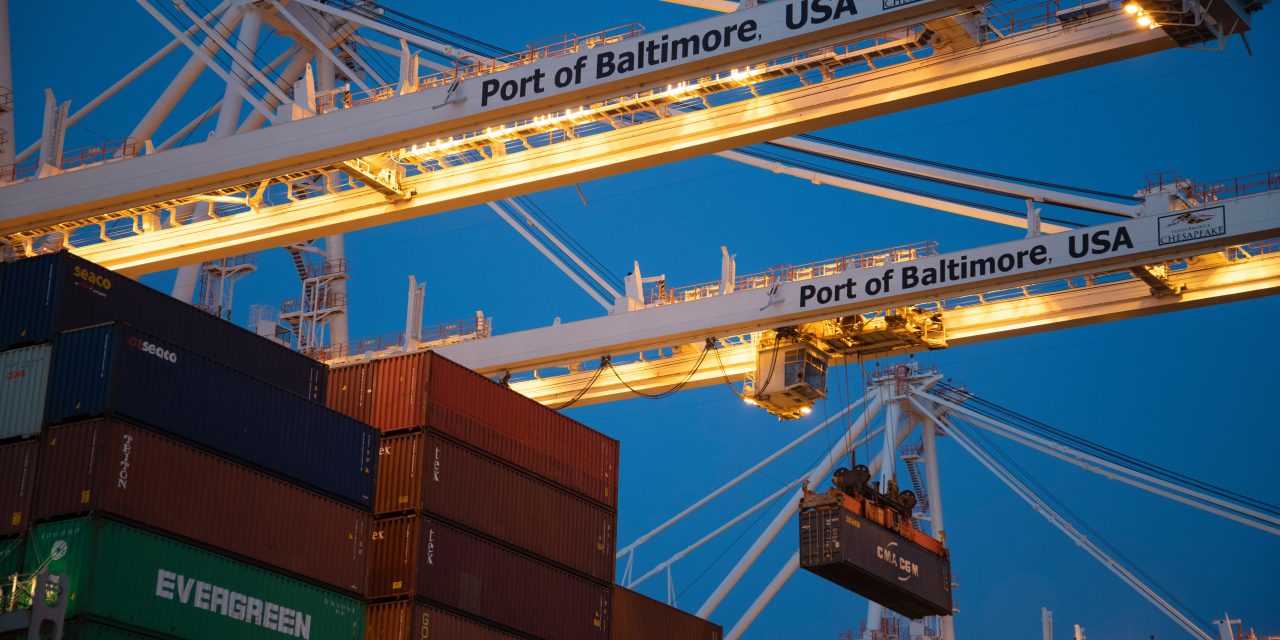The Trump administration’s ongoing trade battles are again showing some signs of improvement. U.S. negotiators are pressing China to end unfair trade practices and stop forcing American companies to hand over intellectual property in exchange for access to the Chinese marketplace. Negotiations with Chinese trade representatives have begun making progress.
During a February 22 Oval Office meeting, Chinese Vice Premier Liu He committed to buying an additional 10 million metric tons of soybeans. Two days later, on February 24, President Trump announced he is delaying any increases to tariffs on Chinese goods. He had previously threatened to raise tariffs to 25 percent on over $200 billion in goods on March 1. A tariff hike of this magnitude would have disastrous impacts on American farmers, so progress toward avoiding it is welcome news.
On the domestic front, President Trump is pushing Congress to approve the U.S.-Mexico-Canada Agreement, or USMCA. President Trump needs Congress to vote on USMCA, his proposed successor to NAFTA, for it to become effective. The agreement faces a number of hurdles, including left-wing opponents of free trade and rank-and-file Democrats who do not want to give the President a “win.” However, Congressional Republicans remain confident that they can pass the agreement sometime this spring.
The Chinese negotiations and USMCA are the two most high-profile trade issues, but a number of other items are still unresolved. Questions remain about how trade with both Great Britain and the European Union will be impacted by Brexit. President Trump has promised to enter bilateral trade deals with many nations, but no new agreements have materialized so far. Particular disputes with Turkey, India, Russia and others continue to garner occasional headlines as they try to gain leverage with Washington.
With all of these issues on the table, it’s important to remember why this all matters to rural Missouri. Lowering tariffs is hugely beneficial for the rural economy. According to the U.S. Trade Representative (USTR), family farmers in Missouri depend on trade for nearly 20 percent of total farm income. The U.S. Department of Agriculture (USDA) estimates that Missouri exports over $4 billion of agricultural products annually. These exports support over 32,400 Missouri jobs.
Beyond the overall positive impact of exports, the effect in specific situations is even more striking. After NAFTA was implemented in 1994, sales of American agricultural products to Mexico and Canada exploded. These exports increased from $8.9 billion in 1993 to $39 billion in 2017. The positive value of free trade is hard to deny when it results in 438% growth over 24 years. Overall, the USTR calculates that in 2017 Missouri exported over $7.8 billion in goods to Canada and Mexico alone.
Continuing this growth in rural Missouri’s economy is critical for our future. Fortunately Missouri’s Congressional representatives are almost all in favor of increased free trade and the benefits it would bring to our state. We should continue to remind them of why free and fair trade is so important to rural Missouri.


